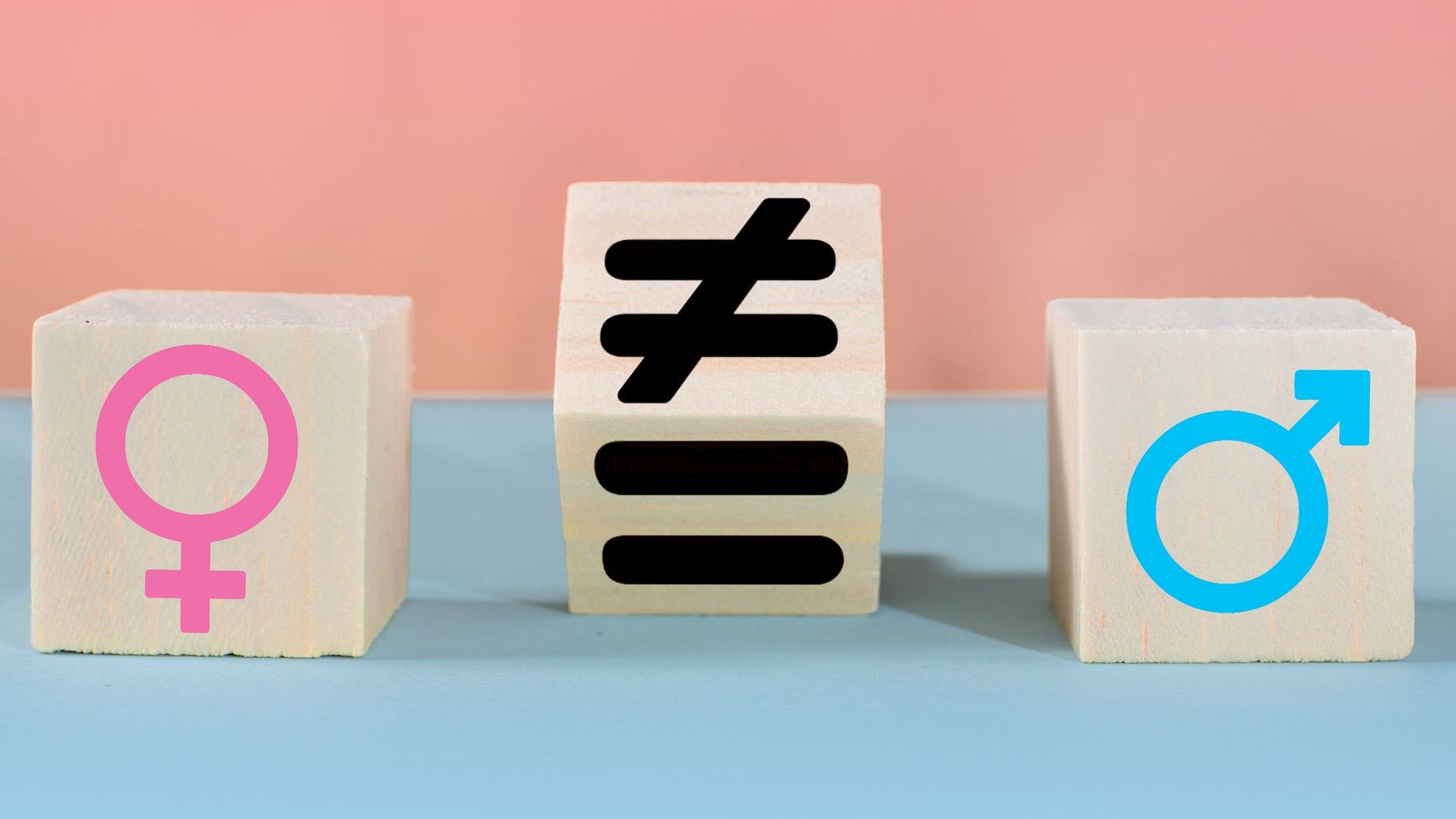A good executive assistant (EA) can be hard to find. An ideal EA might be someone who is both professional and personable; who can follow instructions but also think creatively to solve problems; who has top-notch communication and time management skills, but is also flexible and adaptable as unforeseen challenges arise. The best EAs can function almost as an extension of their employer, while also retaining autonomy so that they don’t need their hand held through every decision.
EAs represent significant return on investment too. A scenario posited by Harvard Business Review suggested that for a company to break even on an EA’s salary, the EA needs only to increase their employer’s productivity by 8 per cent, or five hours a week. Most EAs would save their bosses much more time than that. The actual figures will vary depend on the relative salaries of the executive and their EA, but the point stands: a good EA is worth their weight in time (and money) saved.
Finding and engaging a good EA is one thing (incidentally, it’s something Bayside Group can assist with). The question then is: once you’ve hired the perfect EA, how do you retain them? It’s a labour-short market across all industries, and great EAs are always in demand. If your EA does leave, it’s going to take time to find someone to replace them, and even longer for them to get to know you, your business, and your style of working. It can be worth going the extra mile to keep them around.
With that in mind, here are our top tips for retaining your amazing EA.
Trust them
One of the benefits of having an EA is that they will make a lot of day-to-day decisions so that you don’t have to think about them. You need to be able to trust that the decisions they make will be the right ones – and likewise, they will want to feel that they are trusted by you to understand your needs and make the calls that will enable you to function effectively and productively in your role.
Trust is vital in all employer-employee relationships, and that’s especially true for EAs. Lack of it can lead to low morale, low engagement and a loss of productivity. It’s the kind of thing that could see your EA looking around for other opportunities. If you put time into building a trustful relationship, it will help your EA feel valued, and empower them to do the very best job they can for you.
Treat them with respect
The dynamic between an executive and their EA will of course vary from case to case, depending on circumstances, personality types and styles of working. Regardless, it’s important to remember your EA is not a robot. They are an individual with their own life concerns, goals, and ambitions. Respect should be a foundational aspect of your relationship – as it should be with all working relationships.
Respect includes listening to and valuing your EA’s opinions and needs, abiding by clear personal and professional boundaries, and just generally operating with integrity, and in a welcoming and inclusive manner. Respectful workplaces reduce stress, and increase employee productivity, engagement and happiness at work. It’s the bedrock of any good executive-EA relationship.
Provide opportunities for development
Even career EAs will want to feel like they are growing – professionally and personally – through their work. Take time to talk to your EA to learn about their goals, both in life and in their career, and find ways to help them achieve those goals. You might even consider working with them to develop a pathway for the next one to five years, with clear markers. Consider things like:
- What kinds of training opportunities might they benefit from?
- What tasks can you give them that will help them develop their skillset?
- How can you structure their work to allow space for commitments or passions outside of work, such as family, volunteer work, or hobbies?
If your EA has a clear idea of how their time working with you is supporting their broader life and career goals, they are likely to stay longer.
Recognise and reward their contributions
Everyone wants to feel their contributions are valued, and EAs are no exception. It’s important then to find ways to both recognise and reward the good work they do for you, so that they know they are appreciated.
Talk to your EA and get to know the ways they like to be recognised. It could be as simple as being sure to thank them regularly for their hard work. Or they might appreciate more public forms of acknowledgement, for example during a staff meeting or social event.
Rewards can take many forms, both monetary and non-monetary. Proper renumeration is important, and bonuses and gift cards are other forms of financial rewards you might consider. Non-monetary rewards include things like giving your EA a day off for their birthday or at the end of a long project, or letting them knock off early on a Friday.
If your EA feels that they are trusted, respected, and growing in their role, and you show them regularly that their work is appreciated, they’re likely to be happier, more engaged and more productive – and to stick by your side for the long-term.
Bayside Group’s specialist consultants are experienced at executive recruitment and have a track record of matching talented EAs with the employers that need them.
Contact us today to find out how we can help you recruit the right EA for you.
Workplace Relations
Powered with 💙 by
Shazamme © Copyright 2022 Bayside Group



